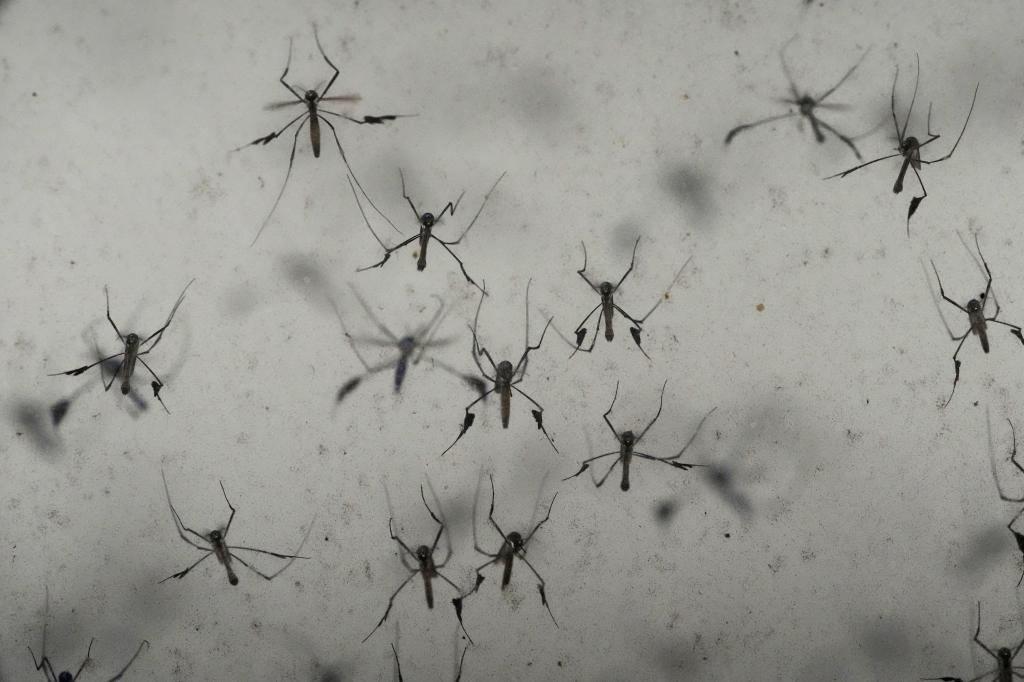Summarize this content to 2000 words in 6 paragraphs
Texas recorded its first locally acquired case of dengue fever this year, state public-health officials said this week.
The case was reported in Cameron County, which sits on the Texas-Mexico border with a population of around 425,000 and includes the city of Brownsville.
Last year, the state reported one locally acquired case out of its total 79 cases.
This year, the Lone Star state has seen 106 travel-associated cases of dengue fever — the highest annual count in Texas since 2002, according to a press release. One case has been fatal so far.
Now the first locally acquired case has cropped up, meaning that the person infected had no history of traveling to a country where dengue is typically found.
The dengue virus is transmitted through mosquito bites and is more commonly recorded in tropical or subtropical environments where mosquitoes thrive.
It is not passed human to human.
Only about 25% of those infected ever show symptoms, which can include the eponymous fever, aches, nausea, vomiting and rashes. It usually takes two weeks for the infected person to show any symptoms, which can last anywhere from two to seven days.
Cases started to pop up in Florida after Hurricane Milton. Dengue outbreaks have been declared in Puerto Rico and the US Virgin Islands as well.
More than 50 locally acquired cases have been reported in Florida and 15 in California so far this year, according to the Center for Disease Control and Prevention.
There have currently been at least 4,962 cases nationally, with the bulk being reported in Puerto Rico, according to the CDC.
Cases of dengue fever are at an all-time high globally this year, likely due to increasing global temperatures, according to the CDC. The agency originally issued a health alert in June warning of an increased risk of infection in the coming months.
Meanwhile, locally acquired cases in the US right now are nearly triple what had been recorded by this time last year.
Mosquito season in Texas is expected to last through November and December, according to Lone Star State health officials. The CDC advises using insect repellant and wearing clothing that covers as much skin as possible to prevent mosquito bites.













